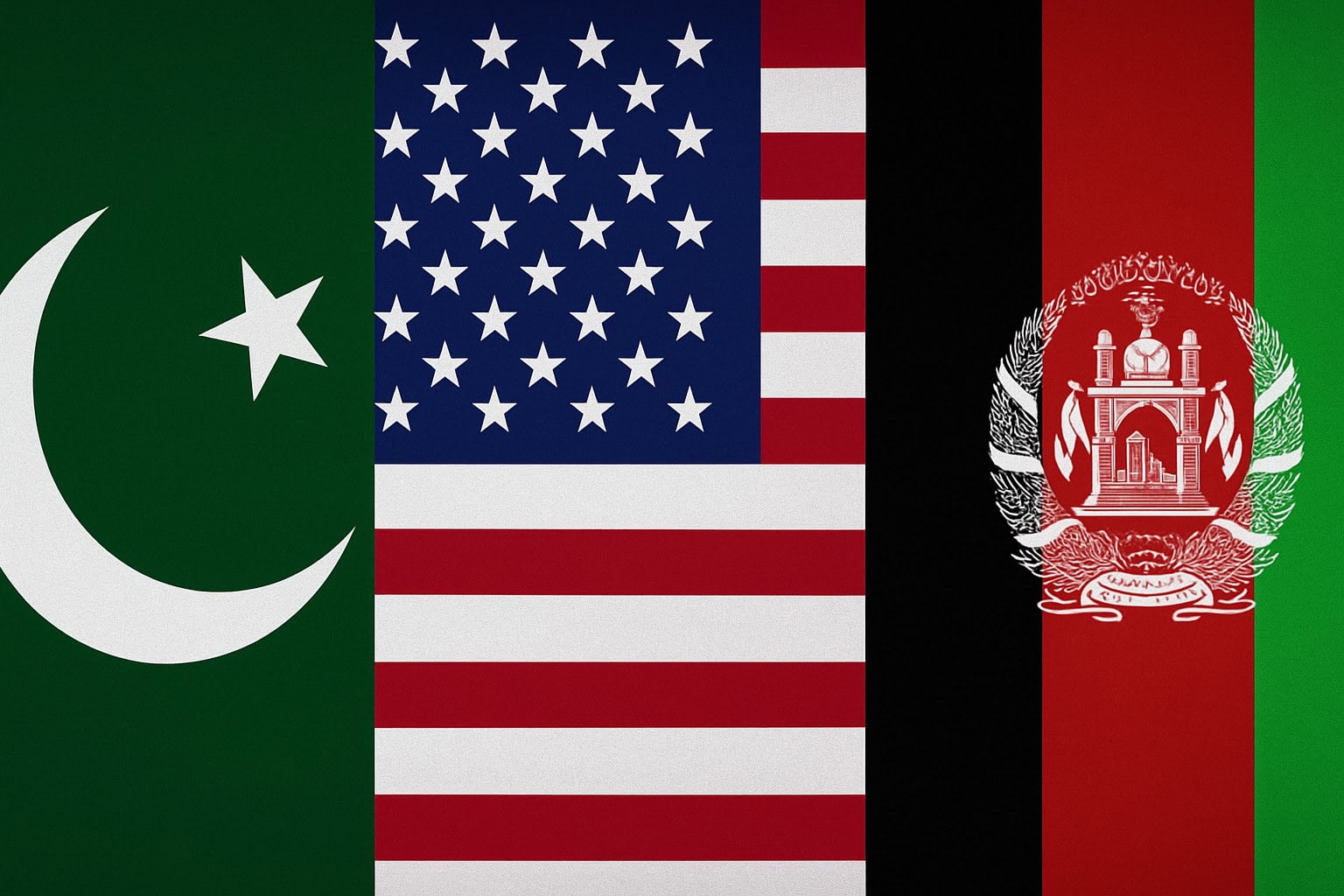From Islamabad – The ghosts of Washington’s long war in Afghanistan haunt Pakistan daily, not as memories, but as the deadly report of American-made rifles in the hands of terrorists. The chaotic U.S. withdrawal in 2021 was not just a political failure; it was a catastrophic security blunder that has armed our enemies and set our region ablaze. The very weapons intended to secure Afghanistan are now being used to kill our soldiers and civilians, a bitter irony for a nation that has sacrificed more than any other in the so-called “war on terror.”
For two decades, Pakistan bore the brunt of the instability that spilled across the Durand Line. We suffered tens of thousands of casualties, losing more than 80,000 lives, both civilian and military. Our economy was crippled, our social fabric torn. We hosted millions of Afghan refugees. All the while, we were a frontline state, a partner in a war that brought the battle to our doorstep. Now, that partnership feels like a betrayal.
After the fall of Kabul, a treasure trove of sophisticated U.S. military hardware—estimated to be worth over $7 billion—was left behind. This arsenal, including M16 rifles, night-vision goggles, and armored vehicles, did not simply vanish. It was predictably and swiftly commandeered by the Taliban and has since found its way into a thriving black market, arming a menagerie of militant groups.
Today, Pakistan is fighting a new and intensified wave of terrorism, supercharged by this American weaponry. The banned Tehrik-e-Taliban Pakistan (TTP) Fitna Al Khawarij, which enjoys safe havens in Afghanistan under the clear protection of the Taliban regime, is better equipped than ever. So are Baloch separatist groups and Islamic State affiliates. When our security forces are attacked, when markets are bombed, the weapons recovered from the scene often bear the stamp of the U.S. government. Each new TTP statement, each fresh attack, is a testament to the fact that Afghanistan, under its current rulers, remains a sanctuary and launchpad for transnational terrorism.
The indifference from Washington is galling. After two decades of demanding we “do more,” the United States has washed its hands of the mess it created, leaving us to deal with the heavily armed aftermath. It cannot be that a global superpower abdicates all responsibility for its unsecured arsenals, which now directly threaten a major non-NATO ally. This negligence is not just a policy oversight; it is a moral failure that has actively endangered the lives of millions of Pakistanis. This dangerous new reality, however, also presents an opportunity to redefine the U.S.-Pakistan partnership around a shared, urgent threat. Encouragingly, there are signs that Washington recognizes the gravity of the problem it left behind. President Donald Trump, for instance, has mentioned more than once his intent to get the arms back and has recently demanded the return of Bagram Air Base “at any cost,” warning Afghanistan if they refuse. For Pakistanis on the front lines of this fight, these are not empty threats but a vital glimmer of hope. We look to our American partners, believing these declarations will soon be followed by a concrete, collaborative strategy to recover this hardware. Securing these weapons is a crucial common interest, and Pakistan is hopeful that the U.S. will take the necessary steps to reclaim its arsenal and help restore regional stability.
The international community, too, seems content to look away, placated by hollow Taliban promises of reining in terrorist groups. These promises ring hollow in Pakistan, where the death toll continues to rise. We see no genuine effort by the Kabul administration to dismantle the terrorist infrastructure thriving under its nose. Their complicity, whether through incompetence or design, is undeniable.
Pakistan is not asking for charity. We are demanding accountability and justice. The time for quiet diplomacy is over. The international community must act decisively. Sanctions on the Afghan regime must be enforced not as a punitive measure against its people, but as leverage to compel the Taliban to dismantle the terrorist sanctuaries it harbors and to surrender or secure the American weapons that have fallen into its hands.
Furthermore, there must be concerted international pressure on Kabul to take meaningful action against groups like the TTP. Words are not enough. We need to see these arsenals secured and these groups expelled. Global powers must support Pakistan in its fight, providing the technical and intelligence resources needed to counter the threat from these advanced weapons.
Our nation has been tested by fire for a generation. We seek nothing more than peace and stability for ourselves and for the region. But that peace is impossible as long as our neighbors provide shelter to those who kill our people with weapons left behind by a distant power. The United States and the world cannot pretend they are not party to this crisis. They left the gun on the table, and Pakistan is now staring down its barrel.


